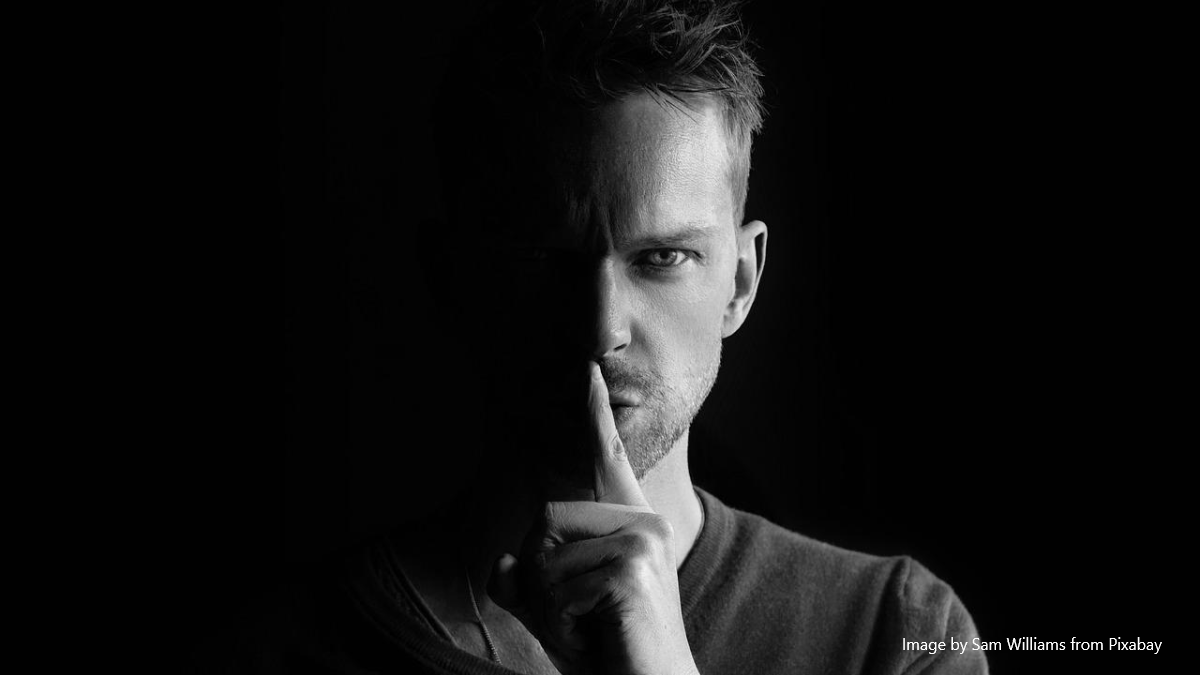For those of you who do not know me I have been a Methodist my entire life and have been married to my wife Lydia for 55 years. We met at an MYF summer camp, and the rest is history. We raised identical twin boys, Glenn and Mark, who flew the E2C Hawkeye for the US Navy. I graduated from law school and started working for a law firm in Pittsburgh. But practicing law was not what I hoped it would be, so I applied to be a Special Agent in the FBI. Thirty-two years later I retired, and we moved to Southport. While in the FBI, I investigated mostly domestic and international terrorism, but I was also a trained hostage negotiator.
The need for trained hostage negotiators resulted from three events: the 1971 Attica prison riots in upstate New York, a 1972 bank robbery in Brooklyn (that inspired the Al Pacino film “Dog Day Afternoon”) and the Israeli athletes who were seized and massacred by Palestinian terrorists at the Munich Olympics.
Now I’m sure you are asking yourself how hostage negotiation has anything to do with our work in the church. I’m glad you asked because there are some common denominators.
Communication is a key part of what we do every day. Hostage negotiation is communication at a very high energy level. A real life hostage negotiation is dramatically different from what you may see on television or in the movies. It is an exchange of ideas, opinions, facts, and feelings with no real time limit. In a real-life hostage situation, you are, very simply, stalling for time. Stalling for time so that emotions can calm down, so that lives may be saved, so that the incident may be peacefully resolved. Patience is a necessary part of any negotiation, hostage or otherwise. The alternative to a failed negotiation is the activation of the SWAT team, and that will not be a pretty scene when it is all over.
My training, and negotiating a case in San Francisco, taught me valuable lessons about human behavior, interpersonal communication, and conflict resolution. I continue to use these in my church work.
Words are just the first part of communication. Listening to what is being said is equally as important. How many of us have had our spouse or our kids say, “You don’t listen to me.” Or when the discussion is a topic that is right up your alley, you dominate the conversation and do not allow others to be part of the conversation. How often in a discussion have you interrupted the person speaking with your own thoughts?
In the book of James we read, “My dear brothers, take note of this: Everyone should be quick to listen, slow to speak and slow to become angry.” (James 1:19) Wasn’t James encouraging his followers to be silent in order to hear better. I think this is why God gave us two ears but only one mouth – so we can be better listeners.
In his book “The 7 Habits of Highly Effective People”, Stephen Covey says that when another person speaks, we’re usually “listening” at one of four levels. First, we may be ignoring the other person, that is, not really listening at all. Second, we may practice pretending – “Yeah, Uh-huh, Right.” Third, we may practice selective listening, hearing only certain parts of the conversation. Or fourth, we may practice attentive listening, paying attention and focusing energy on the words that are being said. But Covey says that very few of us ever practice the fifth level, the highest form of listening, empathic listening. Empathic listening does not mean that you agree with the speaker but that you are listening with the intent to understand. You are listening with your ears but, more importantly, you are listening with your eyes and with your heart. You listen for feeling, for meaning, for behavior.
What we often call listening is not really listening. If you already know what you are going to say before a person finishes speaking, then you have not really been listening. You are merely waiting for them to finish so you can speak. Good listening should be the foundation of a strong partnership between clergy and laity under any circumstances.
In their book Coaching 101, Robert Logan and Sherilyn Carlton explain the significance of listening this way: It is the essential cornerstone of every relationship. How do you get to know someone? By listening. How do you build trust? By listening. How do you help people think through their goals, their opinions, their feelings? By listening. People want to know they are being heard.
President Theodore Roosevelt was a man of action, but he was also a good listener, and he appreciated that quality in other people. Once at a gala ball, he grew tired of meeting people who returned his remarks with stiff, mindless pleasantries. So, he began to greet people with a smile, saying, “I murdered my grandmother this morning.” Most people, so nervous about meeting him, did not even hear what he said. But one diplomat did. Upon hearing the president’s remark, he leaned over and whispered to him, “I’m sure she had it coming to her!” The only way to find out what you are missing is to start listening.

So how do you spell listen? S H U T U P !!
Think about it.
And thank you for listening to me.
– John Kelso, Harbor District Lay Leader
You can reach John Kelso, Harbor District Lay Leader, by email at [email protected]

